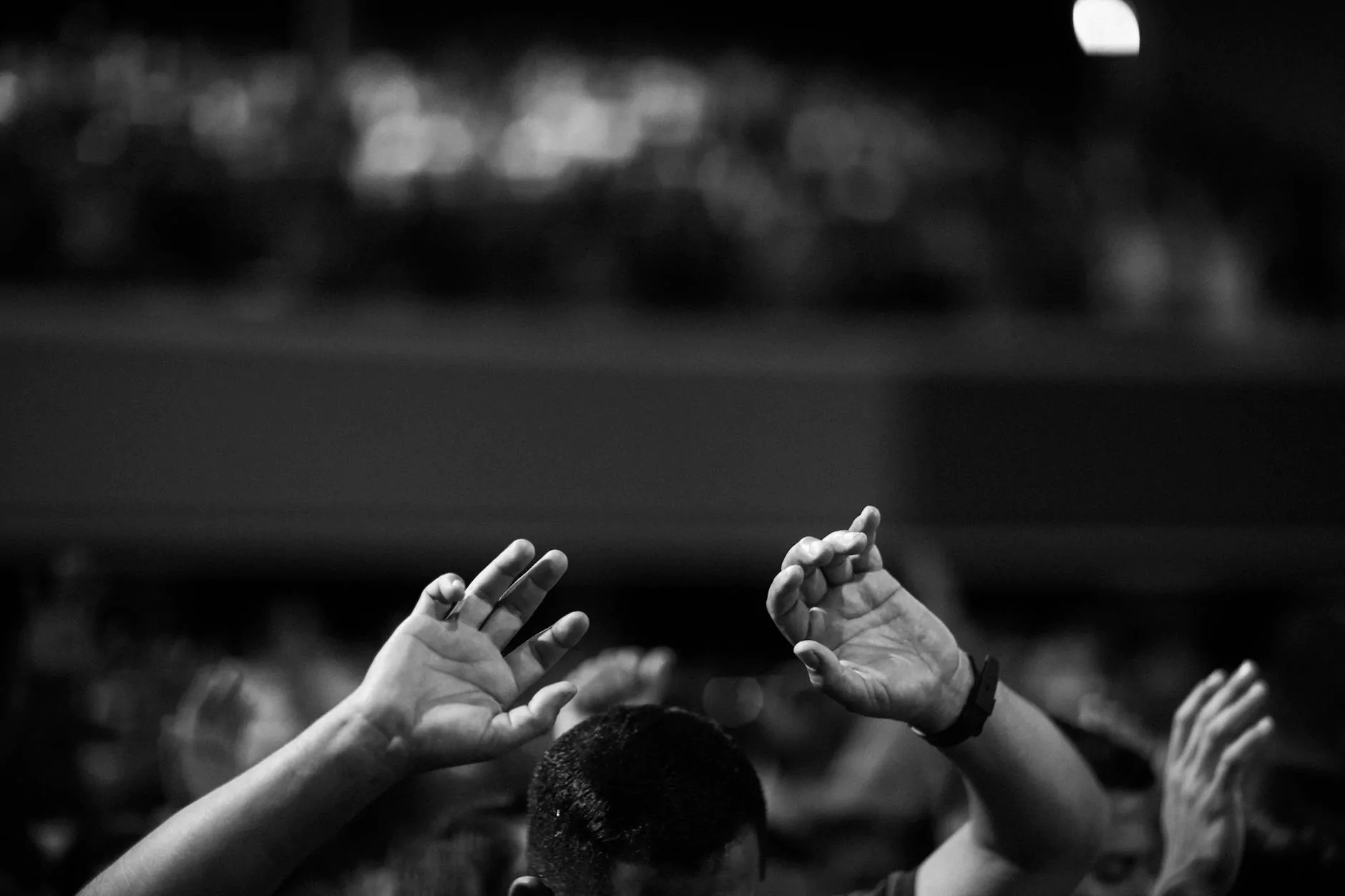The Impact and Importance of Black Churches in NYC

In the vibrant tapestry of New York City's cultural landscape, black churches stand out as pivotal institutions that offer not only spiritual guidance but also vital community support. These edifices serve as sanctuaries for worship, fellowship, and activism, deeply rooted in a rich history that spans centuries. Understanding their significance within both the local community and the broader societal context is essential for appreciating their ongoing contributions.
An Overview of Black Churches in NYC
Black churches in NYC are more than just places of worship; they are hubs of community engagement and social support. Throughout history, these institutions have played a crucial role in advocating for civil rights, providing social services, and fostering a sense of belonging among their congregants.
The Historical Significance
The roots of black churches in New York can be traced back to the 18th century. Notable early establishments such as Mother African Methodist Episcopal Zion Church, which was founded in 1796, have been at the forefront of the spiritual and social needs of African Americans. These institutions emerged from a need for a space that recognized and celebrated the cultural and spiritual uniqueness of the black community.
Core Values and Missions
At the heart of many black churches in NYC are values such as social justice, community service, and spiritual nurturing. These missions guide their activities and outreach efforts, allowing them to serve as more than just venues for Sunday services. They often provide:
- Educational Programs: Offering educational resources, tutoring, and scholarships for youth.
- Health Services: Hosting health fairs, vaccinations, and wellness workshops to improve community health.
- Social Justice Initiatives: Activism for reforms in policy, equality, and fighting systemic injustices.
- Job Training: Providing skills training and career resources for unemployed or underemployed community members.
The Community Impact of Black Churches
Black churches in NYC play a transformative role in their communities. They act as safe spaces where individuals can come together to express their faith and advocate for social change. Through various outreach programs, these organizations provide essential services to those in need, directly impacting the quality of life in neighborhoods. Their influence extends into various spheres:
Social Cohesion
One of the most vital contributions black churches make is fostering social cohesion. In an increasingly fragmented society, these congregations help build strong bonds among individuals, families, and even entire neighborhoods. They host community events, workshops, and support groups that encourage interaction and mutual support.
Spiritual Guidance and Counseling
Spiritual guidance is a foundational element of black churches in NYC. Pastors often provide counseling to individuals and families facing challenges, whether they be personal, economic, or spiritual. This guidance can be crucial in navigating life's struggles, offering hope and support to congregants.
Black Churches as Centers of Activism
Throughout history, black churches have served as powerful platforms for activism. From the Civil Rights Movement to modern-day campaigns for racial equality, these institutions have mobilized communities to advocate for their rights. Congregations often organize marches, community forums, and discussions on pressing social issues, reaffirming their role as catalysts for change.
Notable Figures and Movement Leaders
Many prominent civil rights leaders emerged from within the black church community. Figures such as Dr. Martin Luther King Jr., who was heavily influenced by his Christian faith, often sought refuge and support within these institutions. Today, modern leaders continue to lift up the voices of their congregations, advocating for justice on local and national stages.
Building a Supportive Environment
In addition to activism, black churches in NYC are essential in building supportive environments for families and individuals. Programs designed to cater to the needs of both youth and adults create a strong sense of community. These programs frequently include:
- Youth Mentorship: Older members of the church often act as mentors, guiding the younger generation.
- Family Support Services: Assistance with food distribution, housing, and counseling.
- Women’s Groups: Programs that empower women and provide them with resources and education.
- Men’s Fellowship: Initiatives aimed at strengthening the male demographic, fostering accountability and growth.
The Role of Music and Worship
Music is a fundamental aspect of worship in black churches, serving as a vehicle for expression and communion. It not only enhances the spiritual experience but also acts as a form of cultural preservation. Gospel music, rooted in African American history, inspires congregations and uplifts spirits during services. Many churches host choirs and music ministries that engage the community and encourage participation.
Conclusion
In conclusion, black churches in NYC play an indispensable role in the fabric of their communities. They are not merely houses of worship but active agents for social change, support systems, and cultural hubs. Their commitment to addressing both the spiritual and practical needs of their members underscores their significance and longevity. Understanding the impact of these institutions extends beyond the pews; it is an appreciation of their enduring legacy in shaping community resilience, advocating for justice, and nurturing the next generation.
For those looking to connect with a black church in NYC, consider visiting sites like bridgechurchnyc.com to find opportunities for worship, service, and community impact.






